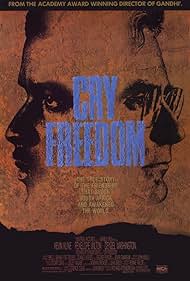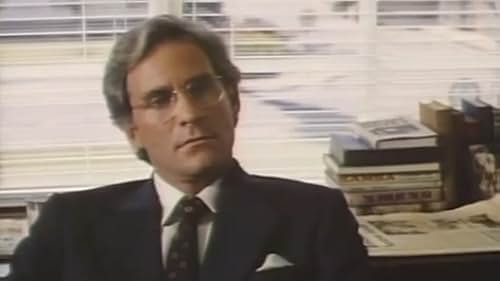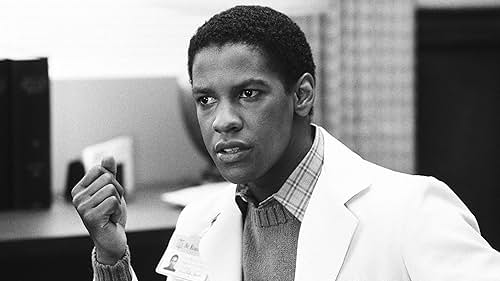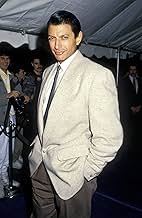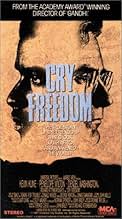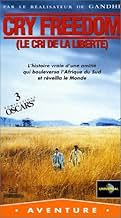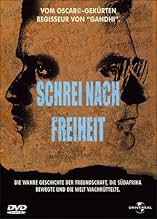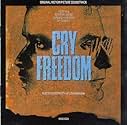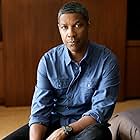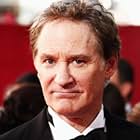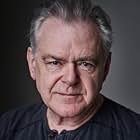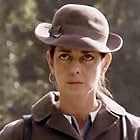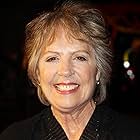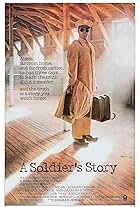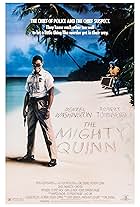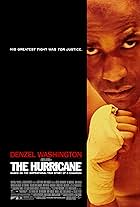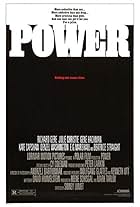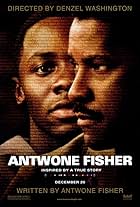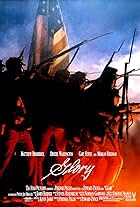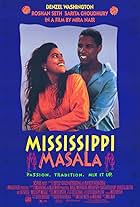South African journalist Donald Woods is forced to flee the country after attempting to investigate the death in custody of his friend, the Black anti-Apartheid activist Steve Biko.South African journalist Donald Woods is forced to flee the country after attempting to investigate the death in custody of his friend, the Black anti-Apartheid activist Steve Biko.South African journalist Donald Woods is forced to flee the country after attempting to investigate the death in custody of his friend, the Black anti-Apartheid activist Steve Biko.
- Nominated for 3 Oscars
- 6 wins & 16 nominations total
- Dr. Ramphele
- (as Josettesimon-93556)
Storyline
Did you know
- TriviaThe filmmakers intended to shoot in South Africa as early as October 1986, with permission from select prominent figures, including Oliver Tambo and Winnie Mandela. After interviewing Mandela, the production crew was placed under surveillance by the South African security police and followed everywhere. They were eventually forced to leave South Africa. Also, the South African Broadcasting Corp. (SABC) deliberately misinterpreted producer/director Richard Attenborough's decision to shoot the movie in October, and instead broadcast the "news" of his starting a revolution sponsored by Russia.
- GoofsTires screeching on dusty dirt road.
- Quotes
State Prosecutor: But your own words demand for DIRECT CONFRONTATION!
Steve Biko: That's right, we demand confrontation.
State Prosecutor: Isn't that a demand for violence?
Steve Biko: Well, you and I are now in confrontation, but I see no violence.
- Crazy creditsPreceding the final credits is a list of other detainees who died in the custody of the South African police. Steven Biko's name appears on the list.
- Alternate versionsOn certain versions, the list of detainees who died in custody (see "Crazy Credits") is followed by a message: "Since the re-imposition of Emergency Regulations on 11th June, 1987, no further information regarding political detainees has been forthcoming."
- ConnectionsFeatured in The Eleventh Hour: Biko: Breaking the Silence (1987)
- SoundtracksNkosi Sikelel' iAfrika
Music by Enoch Sontonga
I think "Cry freedom" is not as strong as "Gandhi", nevertheless it's a movie worth to see. Because it talks about the struggles of Steven Biko, the anti-apartheid leader killed by South African government in '77. The film is seen with the eyes of Donald Woods, his friend journalist who quit the country with his family for being "too close to the black battles"...
The first part of the film is really excellent. Kevin Kline and Denzel Washington are extraordinary, the movie is a cinematic joy (good screenplay, good dialogues and good cinematography). The second part, when Woods (Kline) organizes the run of his family from South Africa, becomes more conventional and shot in a very "Hollywood style" (although the film is British!). The message of the movie is neglected in favour of a more spectacular plot.
By the way "Cry freedom" is a good movie because it talks about values like freedom, friendship and respect of human rights.
- michelerealini
- Nov 19, 2004
- Permalink
- How long is Cry Freedom?Powered by Alexa
Details
- Release date
- Countries of origin
- Languages
- Also known as
- Schrei nach Freiheit
- Filming locations
- Chitungwiza, Harare, Zimbabwe(funeral)
- Production companies
- See more company credits at IMDbPro
Box office
- Budget
- $29,000,000 (estimated)
- Gross US & Canada
- $5,899,797
- Opening weekend US & Canada
- $318,723
- Nov 8, 1987
- Gross worldwide
- $5,899,797
- Runtime2 hours 37 minutes
- Color
- Aspect ratio
- 2.35 : 1
Contribute to this page

